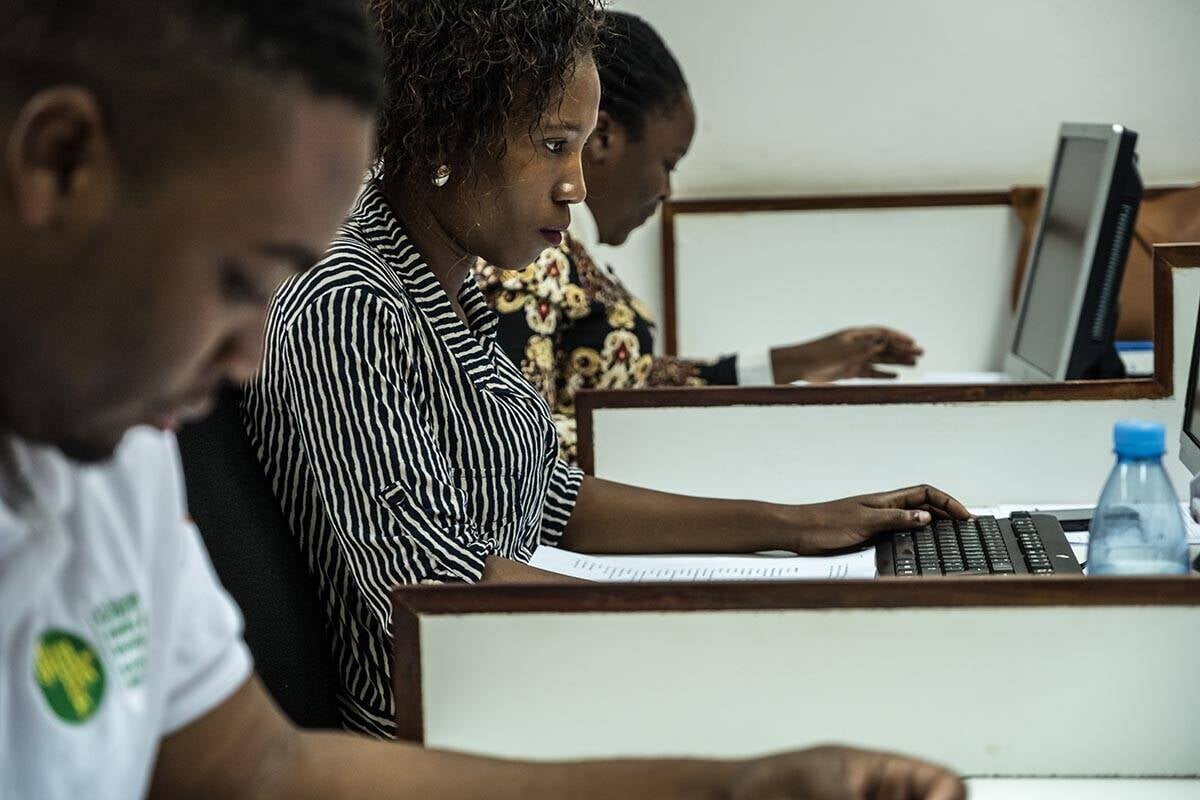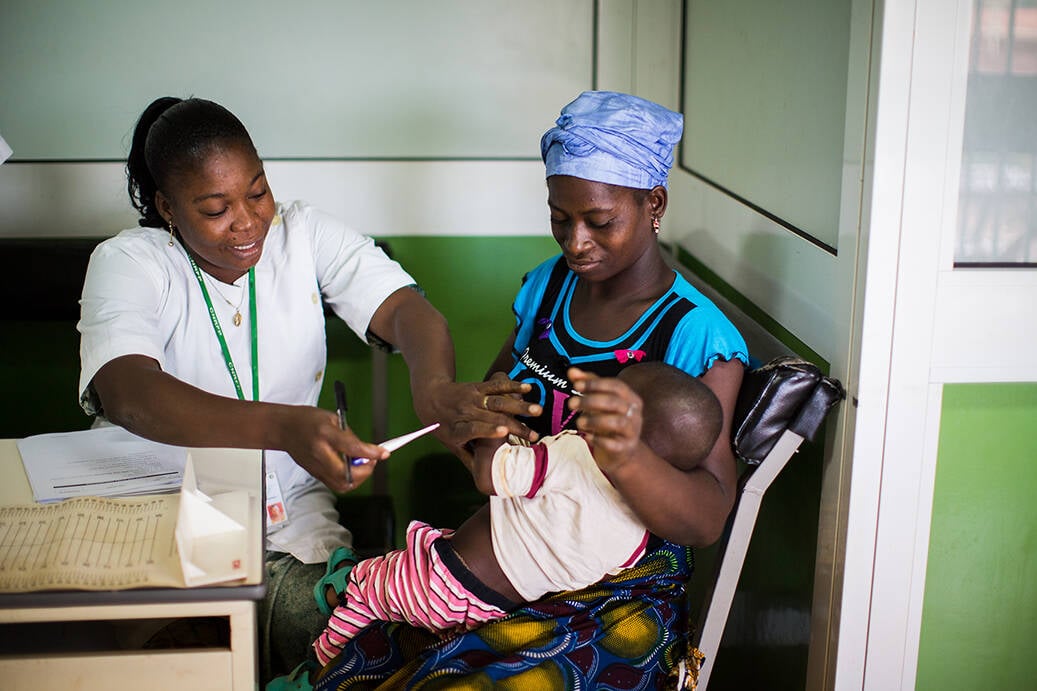
scroll down
Two projects have made a substantial difference to pharmacovigilance capacities in Eastern and Southern Africa.

PROFORMA: The Strengthening Pharmacovigilance and Post-Marketing Surveillance in East Africa (PROFORMA) project held a concluding meeting in December 2024. The project has supported multiple capacity-building activities across Ethiopia, Kenya, Rwanda and Tanzania, with support from the Karolinska Institute, Sweden.
A major focus of the programme has been on developing the skills of leaders in the different countries, with five senior figures completing PhD studies in association with the Karolinska Institute. Research projects have covered issues such as drug safety monitoring during mass drug administration campaigns and vaccine rollouts. As well as providing valuable pharmacovigilance data relating to specific activities, these projects have also highlighted areas where additional efforts are required to embed pharmacovigilance.
The project oversaw an assessment of baseline pharmacovigilance capabilities in the four countries, which informed the development of country-specific development plans. A particular feature of the project was the strengthening of links between key national stakeholders – programme staff, national regulatory authorities and academics. Collaborations across these sectors were critical to the implementation of developmental roadmaps in the four countries.
SPaRCS: The Strengthening Pharmacovigilance and Regulatory Capacity across four Southern Africa Countries (SPaRCS) project strengthened connections between Eswatini, Namibia, South Africa and Zimbabwe. The project began by mapping existing pharmacovigilance systems in the four countries, identifying strengths and areas requiring further development. Multiple events were organised around key thematic areas and to encourage sharing of experiences. The project had a particular focus on adverse drug reaction reporting, particularly the role that can be played by community health workers.
The partnership has remained together and secured further EU funding for the CEPSA (Centre of Excellence for Pharmacovigilance in Southern Africa) project, which now includes the Belgian Institute of Tropical Medicine as a partner.
Building on the links between the four countries established through the SPaRCS project, CEPSA will focus on building regional expertise in pharmacovigilance through training, supporting operational research to generate locally relevant evidence to improve pharmacovigilance practice, and enhancing dissemination of information to key decision-makers.
Systematic monitoring for drug safety issues, during clinical trials and after licensing of new products, is critical for identifying possible safety signals for further investigation, and ultimately for maintaining public trust in new medicines. Two EDCTP2-funded projects have built international partnerships to strengthen national pharmacovigilance systems.
Strengthening safety monitoring